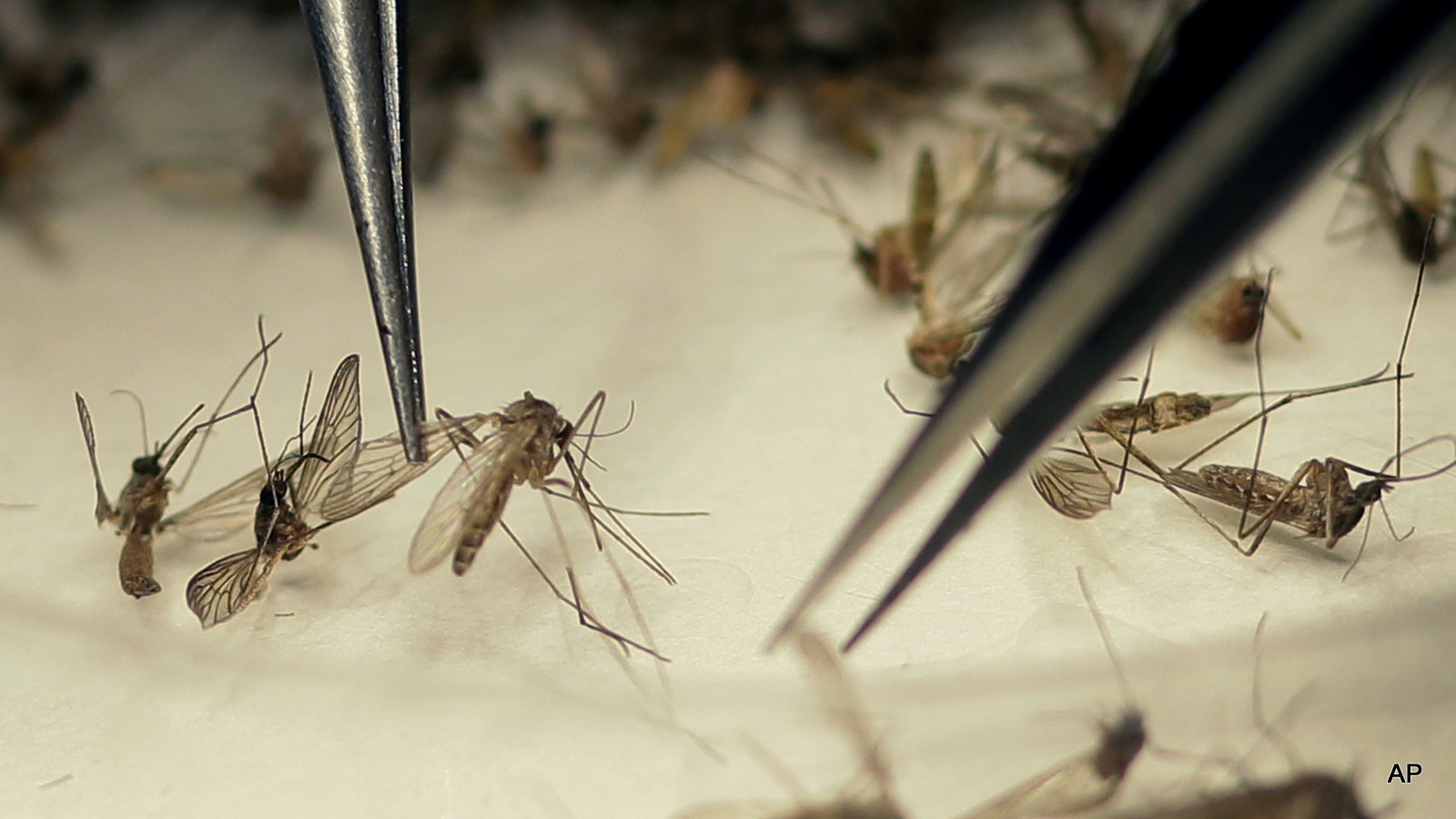
Is pesticide spraying to kill mosquitoes causing autism? In the least, the government is spraying larvicides with great impunity in many neighborhoods throughout the U.S. in order to ‘combat Zika’ and other diseases said to be caused by mosquitoes. Little is known of the true ramifications for such hackneyed actions, but one study suggests that in places where mosquito pesticides are sprayed, a 25 percent increase in autism results.
Researchers used data from another study, called the CHARGE Study (Childhood Autism Risks From Genetics and the Environment), which found that if pregnant mothers in their third trimester were exposed to pyrethroids or a few other pesticides, their children were much more likely to be diagnosed with autism.
Scientists concluded that children who live in zip codes that undergo mosquito spraying are showing an elevated risk for autistic symptoms — yet they are cautious about suggesting we stop spraying.
As Newsweek reports:
“Steve Hicks, a physician and assistant professor of pediatrics at Penn State College of Medicine, looked at rates of autism diagnoses in eight ZIP codes where aerial spraying of pyrethroids, a common class of insecticides, happens in the summer months, and compared them with those in 16 surrounding ZIP codes where mosquito control is done primarily through pellets distributed on the ground, he and his team found a 25 percent higher rate of autism among the plane-sprayed group.”
Hicks stated that he wanted to be careful not to scare people into thinking we should abandon pesticide spraying practices, arguing that, “autism has a genetic component. It’s not something that’s caused solely by environmental risk factors;” but considering the latest data suggesting that autism could be caused by a slew of environmental toxins that attack the immune system, pesticide spraying could just be the straw that breaks the camel’s back, so to speak.
Dr. Stephanie Seneff has argued that pesticides could be a trigger point for causing the disorder due to environmental toxins — like pesticides. She names Monsanto’s RoundUp, specifically, but there are more than 5,000 chemical pesticides registered and approved for use in the U.S. by the EPA, today.
Seneff has explained that, essentially, you end up with a child that has completely compromised gut flora. There are numerous studies linking pesticide exposure to this health hazard.
The gut starts to produce ‘bad’ bacteria instead of good bacteria which help the body to fight off infections. “Many processes in the GI and nervous systems may be interconnected,” explains developmental pediatrician Paul Wang.
Exposure to pesticides are likely causing an alteration of the seven metabolites that may indeed play a significant role in the brain as neurotransmitters. When gut microbes are altered with chemicals, this affects gut-to-brain communication which may alter brain function. Many who point to vaccines as a cause for the astronomical rates of autism may only be seeing part of the larger problem. Pesticide exposure is a likely culprit which adds to the increased incidence of autism spectrum disorder.
Moreover, airplanes have been photographed flying over Miami spraying an EPA-approved insecticide called Naled, a known neurotoxin that kills adult mosquitoes. Numerous neighborhoods in New York are routinely sprayed, even though the spraying itself is likely not as effective as government officials state.
New York officials have claimed that Zika and West Nile virus pesticide aerosol spraying is up to 80 percent effective, but a kill rate of 30 percent is much more probable. It is estimated that for every 1,000,000 droplets of spray released to kill mosquitoes, only one droplet lands on a mosquito; but those sprayed chemicals end up in our water, our soil, our food, and our air.
Not everyone thinks that spraying for Zika and West Nile is prudent. Dr. David Perlmutter, a board-certified neurologist, thinks that “we need to take a step back and realize there is a risk.”
Indeed. One pesticide often used for Zika and West Nile is trichlorfon. Scientists at the University of Oslo tested trichlorfon on guinea pigs. Researchers found that injections of the chemical in pregnant guinea pigs impacted the brain development of the fetuses.
We’ve known for years that poisoning by acute high-level exposure to certain pesticides has well-established neurotoxic effects, yet they are being sprayed with a liberal hand to combat mosquitoes, and for a hundred other pests.
Might it be time for other, proven, alternatives? Many farmers have rendered the use of chemicals completely obsolete. Surely, getting rid of a pesky mosquito is easier than spending billions on more pesticide development and spraying, especially when there are non-chemical alternatives, like eliminating breeding spaces, and even planting naturally mosquito-repellent plants.
As significant resources are also filtered into pesticide campaigns, human health is gravely put at risk. Mosquito spraying that might lead to even more incidence of autism when one in every 68 children born is affected, is surely counterproductive.

